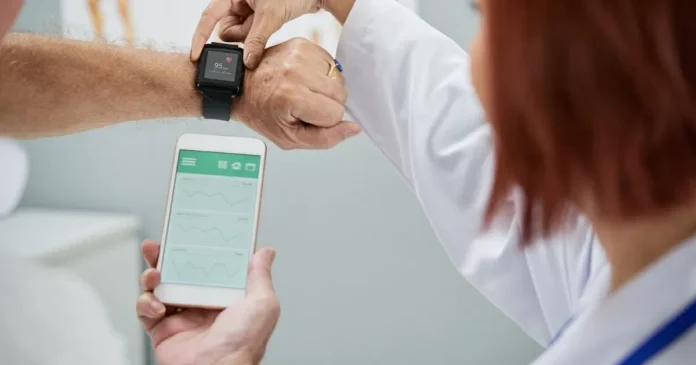A Pilot Study on Using Smartphones and Wearable Technologies to Predict Opioid Relapse
Opioid addiction has become a major public health crisis, with millions of people suffering from this debilitating condition. Despite efforts to combat this epidemic, the relapse rate for opioid addiction remains high. This is due to the complex nature of addiction, which involves both physical and psychological factors. However, with the advancement of technology, there is hope for a more effective approach to preventing relapse. A pilot study is currently underway to collect data from smartphones and wearable technologies to predict opioid relapse. This innovative approach has the potential to revolutionize the way we treat addiction and save countless lives.
The pilot study, led by a team of researchers at a renowned university, aims to utilize the power of technology to predict when a person in recovery is at risk of relapse. This will be achieved by collecting data from smartphones and wearable technologies, such as fitness trackers and smartwatches, which are already widely used by individuals in their daily lives. The data collected will include information on physical activity, sleep patterns, heart rate, and other vital signs. This data will then be analyzed using advanced algorithms to identify patterns and indicators of potential relapse.
One of the major advantages of using smartphones and wearable technologies is their ability to collect real-time data. This means that the researchers will have access to up-to-date information on the participants’ physical and mental well-being, allowing for early detection of any warning signs of relapse. This is crucial as relapse can happen suddenly and without warning, making it difficult for healthcare professionals to intervene in time. With this technology, they will be able to identify potential triggers and provide timely support to prevent relapse.
Moreover, the use of smartphones and wearable technologies eliminates the need for participants to visit a clinic or undergo invasive procedures for data collection. This not only makes the process more convenient for the participants but also reduces the burden on healthcare facilities. It also allows for a larger sample size, making the study more comprehensive and accurate.
Another significant advantage of this approach is its potential to personalize treatment plans. By analyzing the data collected from each participant, healthcare professionals can identify individual patterns and triggers that may lead to relapse. This will enable them to tailor treatment plans to address the specific needs of each person, increasing the chances of successful recovery.
Furthermore, the use of smartphones and wearable technologies can provide a continuous monitoring system, even after the participants have completed their treatment. This will help in identifying any potential relapse triggers in the long term, allowing for timely intervention and support. It also provides a way for individuals to track their progress and make necessary lifestyle changes to maintain their recovery.
The pilot study has already shown promising results, with participants reporting a sense of empowerment and control over their recovery journey. They have also expressed their appreciation for the convenience and ease of using smartphones and wearable technologies for data collection. This positive response from the participants is a testament to the potential of this approach in revolutionizing addiction treatment.
However, it is essential to note that this pilot study is just the beginning. More research and data collection are needed to validate the effectiveness of this approach. The researchers are also working closely with addiction specialists and healthcare professionals to ensure that the data collected is used ethically and in the best interest of the participants.
In conclusion, the use of smartphones and wearable technologies to predict opioid relapse is a groundbreaking approach that has the potential to transform addiction treatment. It offers a non-invasive, convenient, and personalized way of monitoring individuals in recovery, providing timely support and intervention when needed. With further research and development, this approach could be a game-changer in the fight against opioid addiction. Let us remain hopeful and support this pilot study, as it could be the key to saving countless lives and bringing an end to this devastating epidemic.

